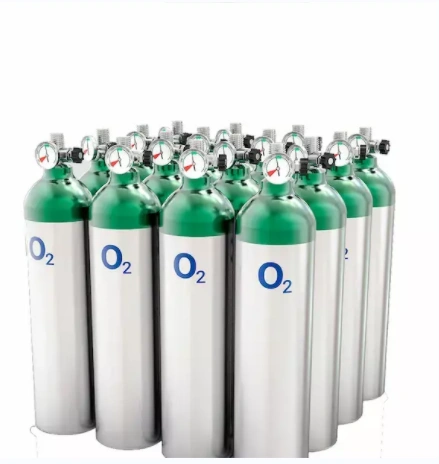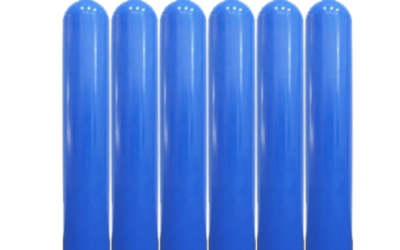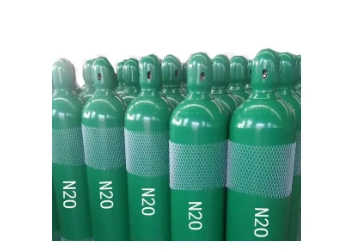Cream chargers, the small canisters filled with nitrous oxide (N2O) used to whip cream, have become a common tool in many kitchens. However, the legality of these seemingly innocuous kitchen accessories may raise questions for both consumers and sellers alike. This article aims to provide clarity on the legal aspects surrounding cream chargers, exploring their use, regulations, and potential concerns.
Understanding Cream Chargers:
Cream chargers are typically small metal canisters filled with nitrous oxide gas. When used with a dispenser, they provide a quick and efficient way to whip cream, making them popular in both professional kitchens and home cooking.
The Legality of Nitrous Oxide:
Nitrous oxide itself is a legal substance and is commonly used in various applications, including medical and dental procedures, as well as in the culinary field. However, the legality surrounding cream chargers specifically can vary depending on local regulations and intended use.
Kitchen Use:
In many places, using cream chargers for culinary purposes, such as whipping cream or creating foams in gastronomy, is legal and widely accepted. The emphasis is often on the responsible and intended use of the nitrous oxide for food preparation.
Potential Concerns:
While the culinary use of cream chargers is generally accepted, concerns may arise when these tools are used for recreational purposes or in a manner inconsistent with their intended function. Misuse, such as inhaling nitrous oxide for its euphoric effects, can have legal consequences and health risks.
Regulations and Compliance:
The legal status of cream chargers is often intertwined with regulations surrounding the sale, distribution, and use of nitrous oxide. Businesses selling cream chargers are typically subject to specific guidelines to ensure responsible and legal distribution.
Educating Users:
To navigate the legality of cream chargers, it is crucial for both consumers and sellers to be well-informed. Understanding local regulations, intended use, and potential risks associated with misuse can contribute to responsible and legal use of these kitchen tools.
Conclusion:
Cream chargers, when used appropriately for culinary purposes, are generally legal and widely available. However, as with any tool or substance, understanding and adhering to local regulations is paramount. Whether you are a consumer looking to use cream chargers for cooking or a seller distributing these kitchen accessories, staying informed about the legal landscape ensures a responsible and lawful approach to their use.
Laughing Gas Chronicles Tracing The History And Hilarity of N2O
Introduction: Nitrous Oxide, commonly known as laughing gas or N2O, has a fascinating history intertwined with moments...








0条评论